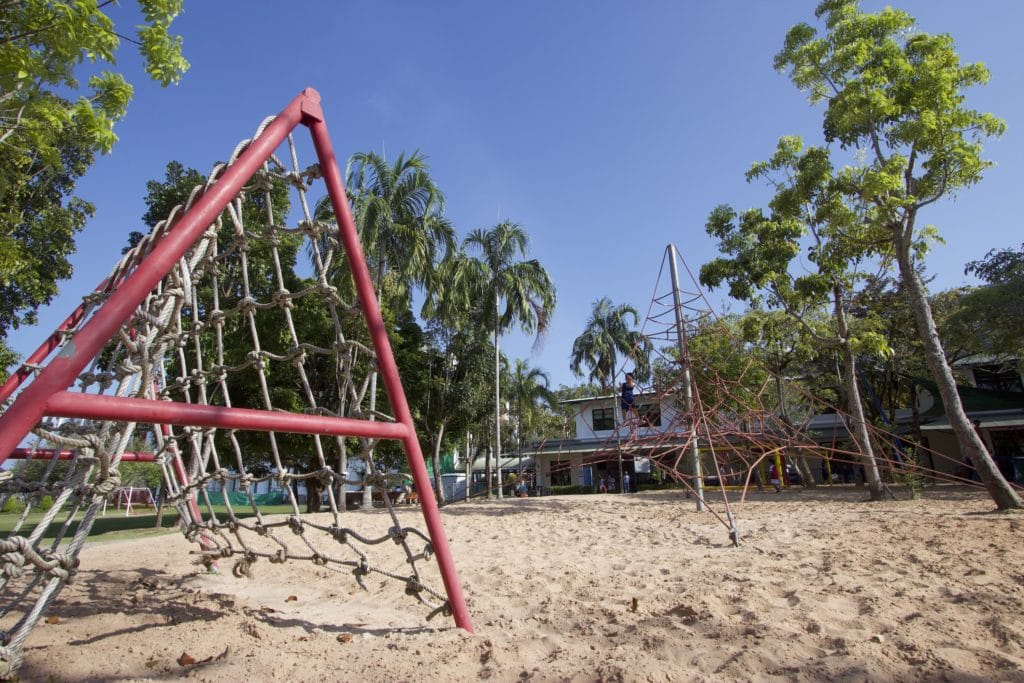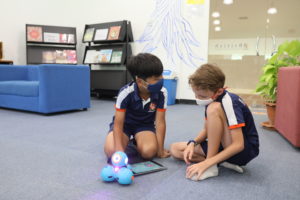Assessment in Primary Schools
Effective assessment is at the heart of good teaching. How else could we have a clear idea of what a child needs to learn, and whether they have learnt it? In broader terms, is a child “where they should be”?
From this, it should be clear that assessment serves two purposes: as a measure of what a child has attained and as a guide to what they need to develop further. Both are important, although for the teacher the second is crucial: regardless of what a child has attained, we intend to progress their learning to an ever-higher level.
There is sometimes a simplistic view of teaching: one determines what to teach, teaches it and then assesses whether the student has learnt it. What’s missing in this linear approach is an understanding of how one determines what to teach. Sure, the curriculum will give guidance – the curriculum is a sort of step-by-step guidebook indicating what children should learn at each stage of their education. The art of teaching comes from realising that children are not passive templates but come with a range of skills, interests, abilities and experiences. So assessment comes at the beginning, in order to determine what to teach as well as at the end, to indicate the extent of the learning.
General Assessment in BISP Primary
When a teacher at BISP starts a new unit they will typically assess the children at the beginning and end of the topic. These assessments might be tailor-made by our teachers, or they might draw on published ones such as Nelson’s PM Series or White Rose Maths. Units begin with a pre-assessment, following which teachers may or may not adapt the curriculum guidance to better meet the needs of the children, according to the data derived from the assessment. At the end of the unit, the teacher will again assess the child’s attainment in a similar way, with a focus not just on curriculum expectations but also on the progress made by the student. Indeed, at a micro-level assessment is ever-present as the teacher is constantly assessing the impact of their teaching on the learning of the students throughout the unit. Such a forensic level of assessment informs the teacher assessment of the student’s attainment as reported to parents in parent-teacher conferences and in formal written reports.
Standardised Assessment in BISP Primary
At BISP we use standardised assessments in Years 3-6. We follow the same model of assessing at the beginning and at the end, the context here being a school year. We use the Progress Test series of assessments from GL Education, a widely used and statistically robust resource standardised against a UK sample of over 100,000 pupils, with benchmarks verified every year based on analysis of half a million pupils.
At the start of the year, this can serve to highlight individuals who might have levels of achievement different to the new teacher’s first impression, as well as possibly highlighting aspects of the curriculum that might be particularly weak or strong for the class as a whole or, indeed, for the program we offer. At the end of the school year these assessments can give an individual progress made and achievement attained in the context of global expectations. These snapshot results feed into the more sophisticated teacher assessment.
The Bigger Picture
Of course, as a child progresses through their education a greater emphasis is placed on examination results, particularly external examinations, and our work in the primary school helps lay the foundations for success. If we draw out to see the bigger picture, I would like to suggest an analogy from the world of US college basketball.
Dean Smith was the coach of the University of North Carolina (UNC) basketball program for 36 years, 1962-1997, during a period of unsurpassed success. His was a high-profile, high-pressure position, where success was measured by scores. Even so, he wrote:
“I didn’t want our players looking at the scoreboard and worrying about the score until there were five minutes left in the game…. Otherwise, I wanted them to concentrate on each possession and execute well. That was hard to do if they were preoccupied with the score and the outcome of the game…. As coach, I seldom looked at the scoreboard until the second half.”
Further: “I try to concentrate on the process rather than the result…. Winning would be the by-product of the process.”
If we see Primary School as the ‘first half’ of formal education, our aim is to concentrate on ‘each possession’, concentrating on the process rather than the result, so that future academic achievement is the by-product of this process. The system works: we are proud that students from BISP Primary consistently go on to further academic success whether within BISP, where they excel in their IGCSE and IB examinations, or in schools around the world.
Smith, D The Carolina Way (The Penguin Press, 2004)


